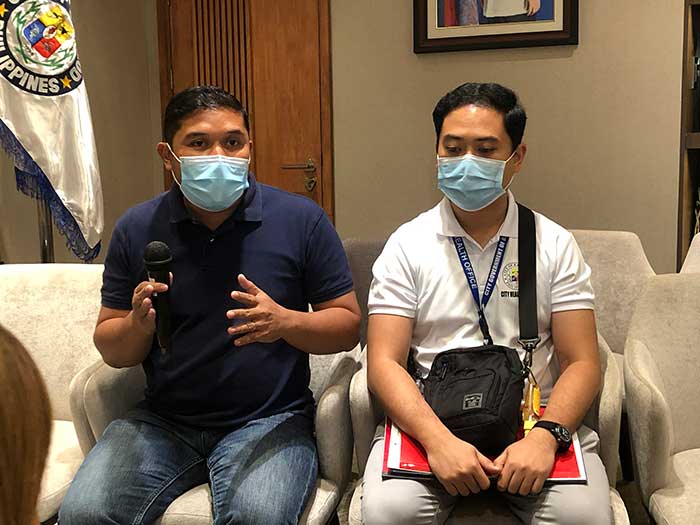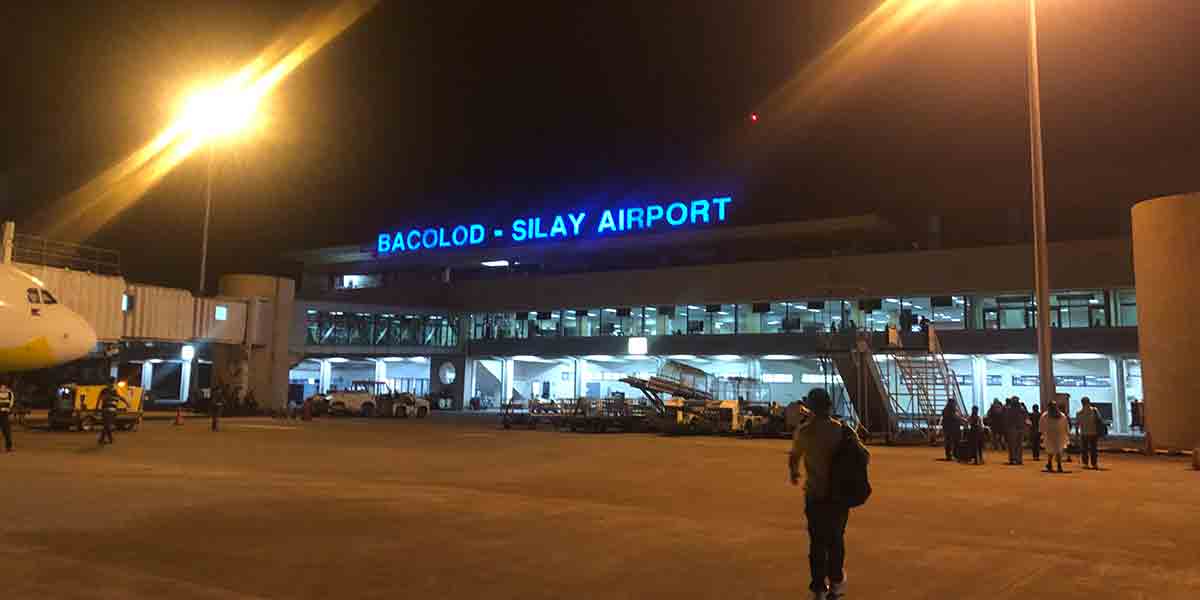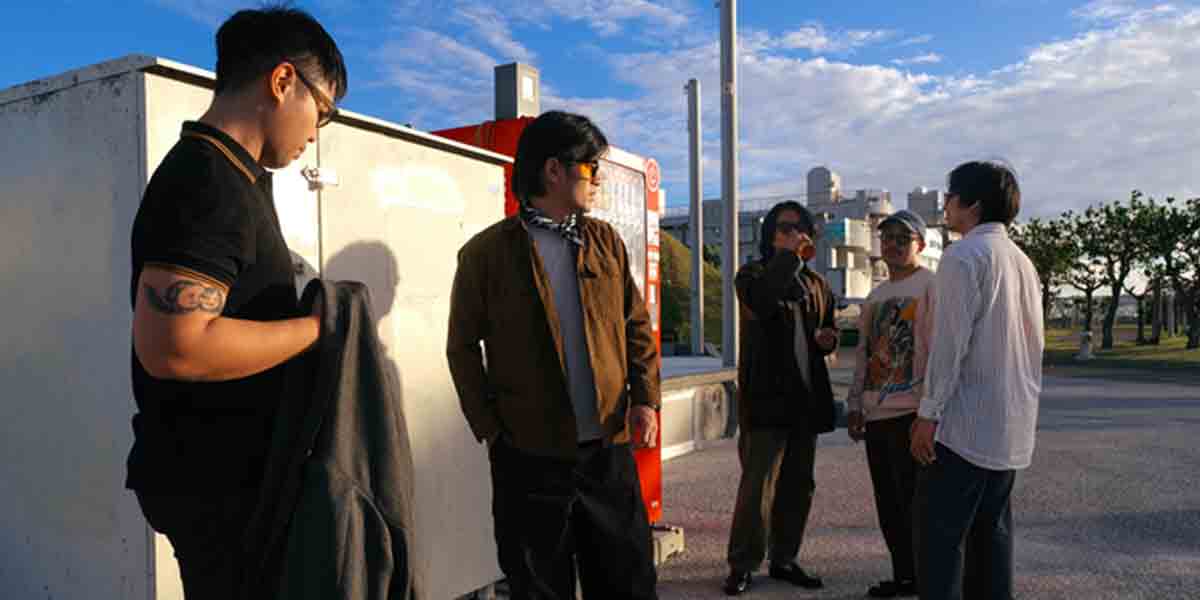
By Glazyl Y. Masculino
BACOLOD CITY – The City Health Office (CHO) reported an increase of about 50 percent in animal bite cases here.
Dr. Carlo Ortega from the CHO said at Monday’s press briefing that the majority of these cases were due to the increase in pet ownership during the coronavirus disease (Covid-19) pandemic.
Ortega stated that 9,000 patients for animal bite cases were recorded in 2022, while in 2023, it increased to 14,000 patients.
For this year, from January to March, Ortega reported that 1,400 cases per month were logged, while 1,700 cases were recorded in April.
Ortega assured that there’s no shortage of anti-rabies vaccines, as the city has enough supply. Currently, the CHO has 6,000 active vials and 900 passive vials of anti-rabies vaccines. “We’re good for another six months,” Ortega said.
However, he noted that not all patients can receive free anti-rabies vaccines, as it is only allowed for Category 3 patients, or those with deep wounds and bleeding that need full treatment of passive and active anti-tetanus, anti-rabies vaccine, and antibiotics. This treatment is covered by PhilHealth, he added.
Ortega mentioned that the majority of the cases are Category 2 patients with wounds but no bleeding. These patients are advised to buy vaccines at the pharmacy before going to the CHO for the injection.
Meanwhile, Dr. John Michael Cabugwason, assistant city veterinarian, stressed the need to strengthen public awareness of animals and rabies.
“It’s more about being cautious and vigilant,” he said.
Cabugwason noted that they have completed their mass anti-rabies vaccination on 1,300 dogs in Barangays Tangub, Singcang-Airport, and Taculing. They aim to vaccinate about 70 percent or 70,000 out of 100,000 owned and stray dogs to establish herd immunity.
In the coming weeks, he said that 2,400 vials or 24,000 doses will arrive in the city for another batch of the vaccination drive targeting Barangays Pahanocoy, Sum-ag, Punta Taytay, and Cabug.
Cabugwason also mentioned that they have a team that roams the city to count the exact number of dogs and another team conducting an information awareness campaign.
“But what we want to consider is not the number but the percentage. We want to achieve 70 percent without the baseline number,” he added.
Cabugwason emphasized the importance of educating the community on rabies and animal awareness. He also said that they have renovated the city’s dog pound, which currently houses 32 dogs, and they are not implementing euthanasia.
With the renovation making the facility more conducive for dogs, Cabugwason aims to increase the capacity of the dog pound. He explained that a larger space would enable them to better care for stray dogs.
Initially, they are targeting stray dogs in known public places such as schools, public plazas, markets, and churches until they can expand the facility.
“This is not just to protect humans but also the animals, as they are prone to accidents and sickness when they loiter in the streets,” he said.
They are also working with animal welfare groups for the spaying and neutering of animals. Initially, they have done this on 30 dogs and cats and aim to perform it on at least 500 dogs for free this year, pending the city budget.
When asked about the adoption of dogs, Cabugwason said that the adoption rate is very poor, as some pet owners prefer those with breed over native dogs (aspins). “Most of the stray dogs are not easily adoptable due to sickness and old age, but we have tapped animal welfare groups to help with the awareness campaign,” he said.
“We rehabilitate the dogs as much as we can. We give them enough food and free medicines at the dog pound, which helps improve their health and behavior for potential adoption,” Cabugwason added.





















